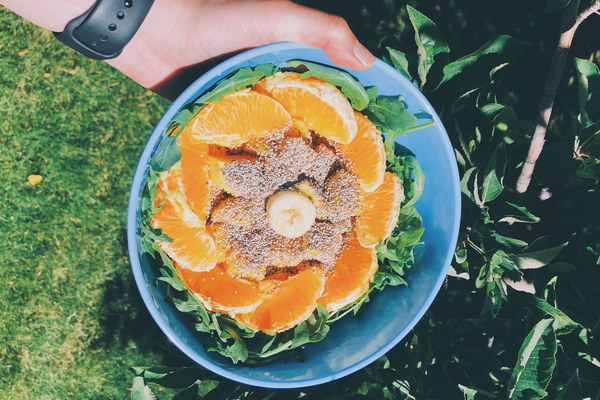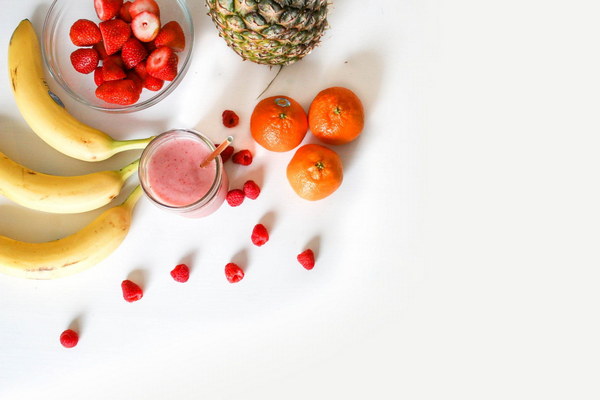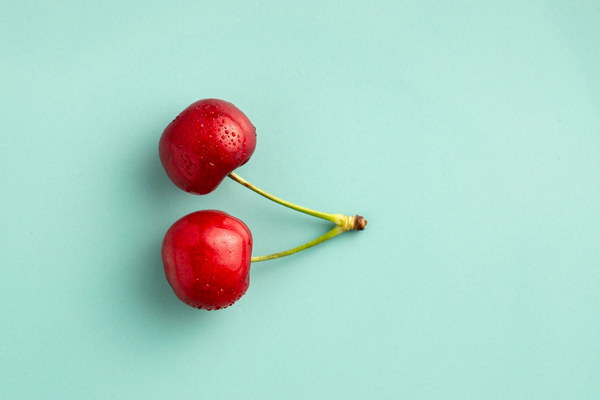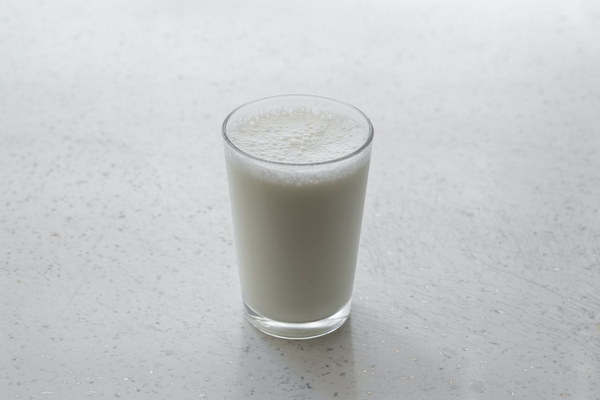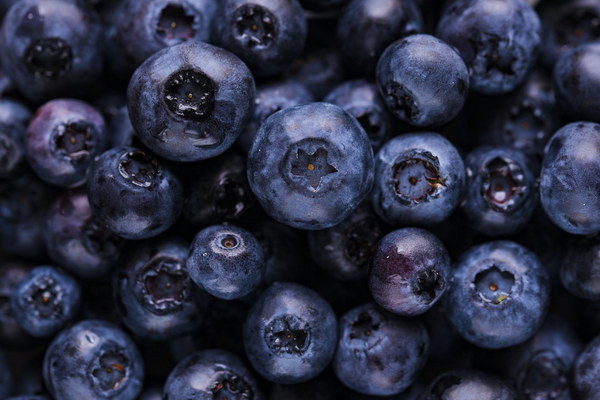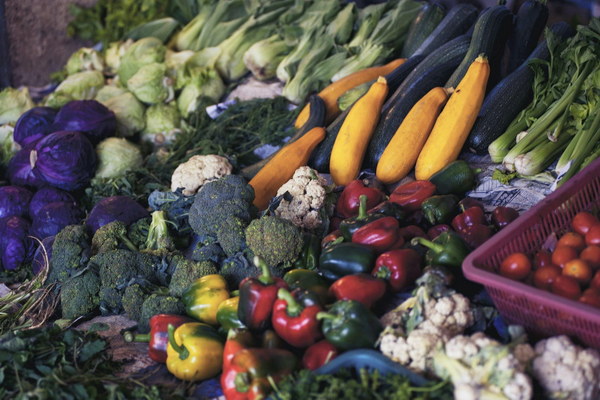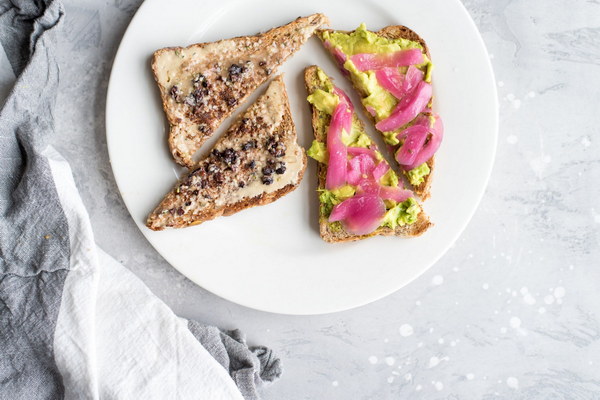Revitalize Your Body Discover the Power of Traditional Chinese Herbs for Blood and Dampness Relief
In the realm of traditional Chinese medicine, there is a profound understanding of the human body's intricate balance. One of the core principles is the concept of 'Qi' or 'vital energy', which flows through our body and maintains our health. However, when this flow is obstructed or imbalanced, it can lead to various health issues. Two common imbalances are blood deficiency and dampness. This article delves into the world of traditional Chinese herbs that are known to replenish the blood and expel dampness, promoting overall well-being.
Understanding Blood Deficiency and Dampness
Blood deficiency, also known as anemia in Western medicine, occurs when there is a lack of red blood cells or hemoglobin. This can lead to fatigue, weakness, pale skin, and dizziness. Dampness, on the other hand, is a substance that accumulates in the body, often due to excessive humidity, poor diet, or other factors. It can cause a range of symptoms, including weight gain, fluid retention, and a heavy, achy feeling in the body.
Herbal Remedies for Blood Deficiency and Dampness
1. Angelica Sinensis (Dang Gui): Known as the King of Herbs, Angelica Sinensis is a well-known herb in traditional Chinese medicine. It is believed to nourish the blood, relieve pain, and regulate menstruation. It is often used in conjunction with other herbs to address blood deficiency and dampness.
2. Cinnamon (Rou Gui): This aromatic herb has a warming effect and is known to improve blood circulation. It is often used in combination with other herbs to expel coldness and dampness from the body.
3. Atractylodes Macrocephala (Bai Zhu): Atractylodes Macrocephala is a common herb used to expel dampness and boost the spleen's function. It is often used in formulas to treat dampness-related symptoms such as fatigue, bloating, and weight gain.
4. Poria (Fu Ling): Poria is a potent herb used to drain dampness, relieve edema, and improve urination. It is often used in conjunction with other herbs to address dampness-related issues.
5. Codonopsis Pilosula (Dang Shen): Codonopsis Pilosula is another herb known for its ability to tonify the Qi and blood. It is often used in formulas to address fatigue, weakness, and other symptoms of blood deficiency.
How to Use These Herbs
These herbs can be used in various forms, including teas, powders, capsules, and tinctures. It is essential to consult with a qualified herbalist or healthcare provider before starting any new treatment. Here are a few suggestions on how to use these herbs:
- Teas: Brew a decoction by adding 1-2 tablespoons of the dried herb to a cup of boiling water and steeping for 15-20 minutes. Strain and drink twice daily.
- Powders: Mix the powdered herb with hot water or juice and consume as directed.
- Capsules: Take the recommended dosage as per the manufacturer's instructions.
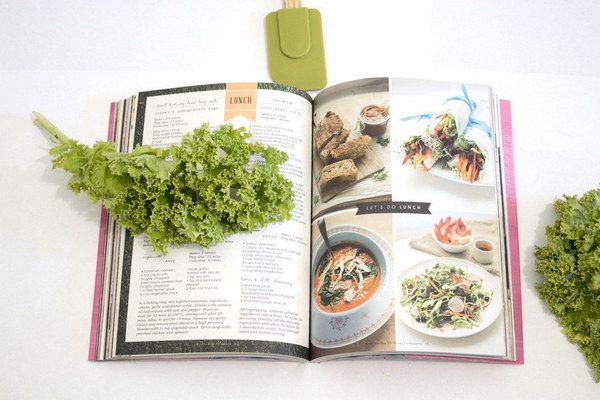
Conclusion
Traditional Chinese herbs have been used for centuries to promote health and well-being. By addressing blood deficiency and dampness, these herbs can help improve your overall quality of life. Always consult with a healthcare provider before starting any new treatment, especially if you have underlying health conditions or are taking other medications. Embrace the wisdom of traditional Chinese medicine and discover the power of these natural remedies to revitalize your body.

